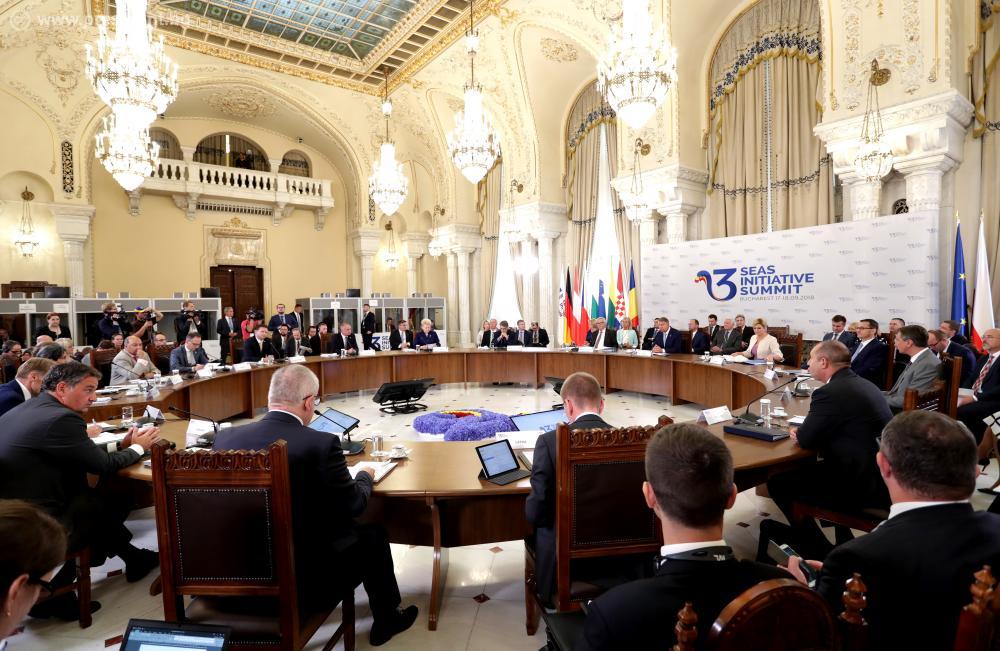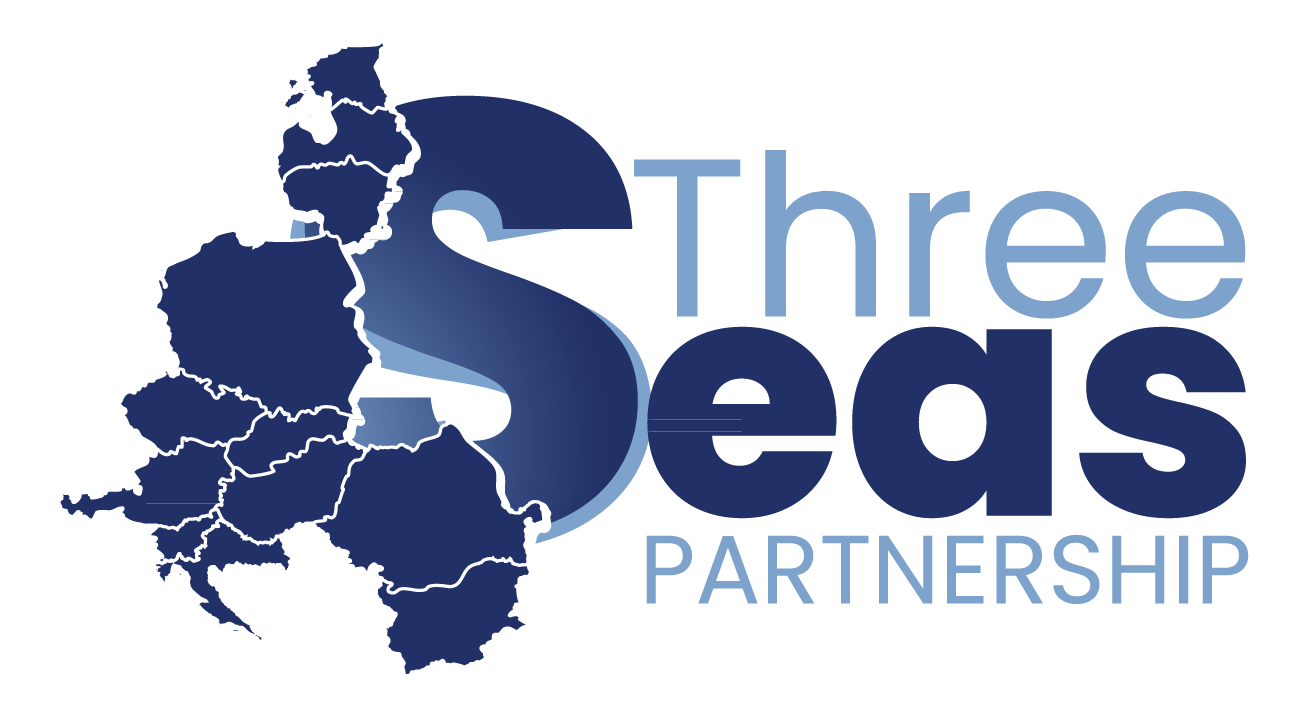OPINIONS
Date: 26 August 2022 Author: dr hab. Piotr Bajda, prof. UKSW
Completed in June this year. The summit of the Three Seas Initiative in the Latvian capital was another annual meeting at the presidential level, which showed the durability of this relatively new format of Central European cooperation.

The first few years since the inaugural meeting in Dubrovnik in 2016 allow for a preliminary summary of the results so far. It is clearly visible that the Three Seas Initiative has activated the entire Central European region, forced individual capitals to opt for deeper regional cooperation, or rather to assume the role of an observer. For the Three Seas cooperation, this means creating different circles of cooperation, different speeds of sorts. This is one of the most important challenges facing Poland, which has an extremely difficult task ahead of it. After the last presidential election in Croatia in 2020 and the defeat of Kolinda Grabar-Kitarović, the only incumbent politician who initiated the creation of the Three Seas Initiative became Andrzej Duda. This loneliness was visible, for example, at the summit in Tallinn in 2020, during which the only physically present leaders (due to the coronavirus pandemic, the meeting had a hybrid character) were the host – Estonian President Kersti Kaljulaid, the organizer of the next one – Bulgarian President Rumen Radev and Polish President Andrzej Duda. An additional challenge is the aforementioned division into more and less active participants. From the perspective of Warsaw, it seems most important to find different goals for involvement in the Visegrad Group and the Three Seas Initiative. Especially that the reaction of Bratislava and Prague to the Polish-Croatian initiative was more than cautious. To this day, the Czech Republic and Slovakia are among the countries that have not decided to join the Three Seas Fund, launched in 2019, with a minimum contribution of EUR 20 million, and together with Austria, they are more observers than active participants in the project. If one of the main goals of the Three Seas Initiative is to create the missing infrastructure connecting the North with the South, it will not be possible without greater activity of one of our southern neighbors. The energy crisis caused by the Russian invasion of Ukraine and the limitation of natural gas supplies forced Prague and Bratislava to look for alternative Polish sources in the form of an LNG gas terminal or the Baltic Pipe gas pipeline, which is being launched.
Another challenge for Warsaw in the regional context are relations with Budapest and the need to prepare a response to Hungarian policy in the face of the war in Ukraine. In the first years, Hungary tried to play the role of an active actor in the Three Seas Initiative, unlike the Czech or Slovak presidents, János Áder took advantage of the invitations to Dubrovnik (2016) and Warsaw (2017), but he did not make it to the next summit in Romania. In addition, the current policy of Hungary, which de facto hinders international aid to the attacked Ukraine, prevents more serious cooperation with Budapest at the regional level, whether in the formula of the Visegrad Group or the analyzed Three Seas Initiative. Unfortunately, there are no indications that a revision of Hungarian foreign policy can be expected in the near future.
Political changes in Croatia and the reduction of Zagreb’s involvement in the Three Seas Initiative raises the question of leadership, who will want to play the role of co-leader of the project together with Poland. Romania, which will host the summit for the second time in 2023, is growing up to be such a candidate. Bucharest is the second largest country of the Three Seas Initiative, an important international actor on the Black Sea. However, this is not only an opportunity, but also a challenge, because for smaller countries it can be considered as an attempt to dominate the Three Seas Initiative by larger capitals.
The optimal solution for Warsaw would be greater involvement of Slovakia or the Czech Republic, for several reasons. First of all, it would make it possible to streamline the implementation of the main objectives of the Three Seas Initiative, i.e. infrastructural connection between the North and the South. In addition, it would allow for the activation of the dying Visegrad Group and would be a signal to small states and regions that they are an indispensable factor in Central European cooperation.
Financed by the National Institute of Freedom – Civil Society Development Center as part of the Government Program Civic Initiatives Fund NEWFIO for the years 2021-2030.
Support Us
If content prepared by Warsaw Institute team is useful for you, please support our actions. Donations from private persons are necessary for the continuation of our mission.
_________________________________
All texts published by the Warsaw Institute Foundation may be disseminated on the condition that their origin is credited. Images may not be used without permission.


















